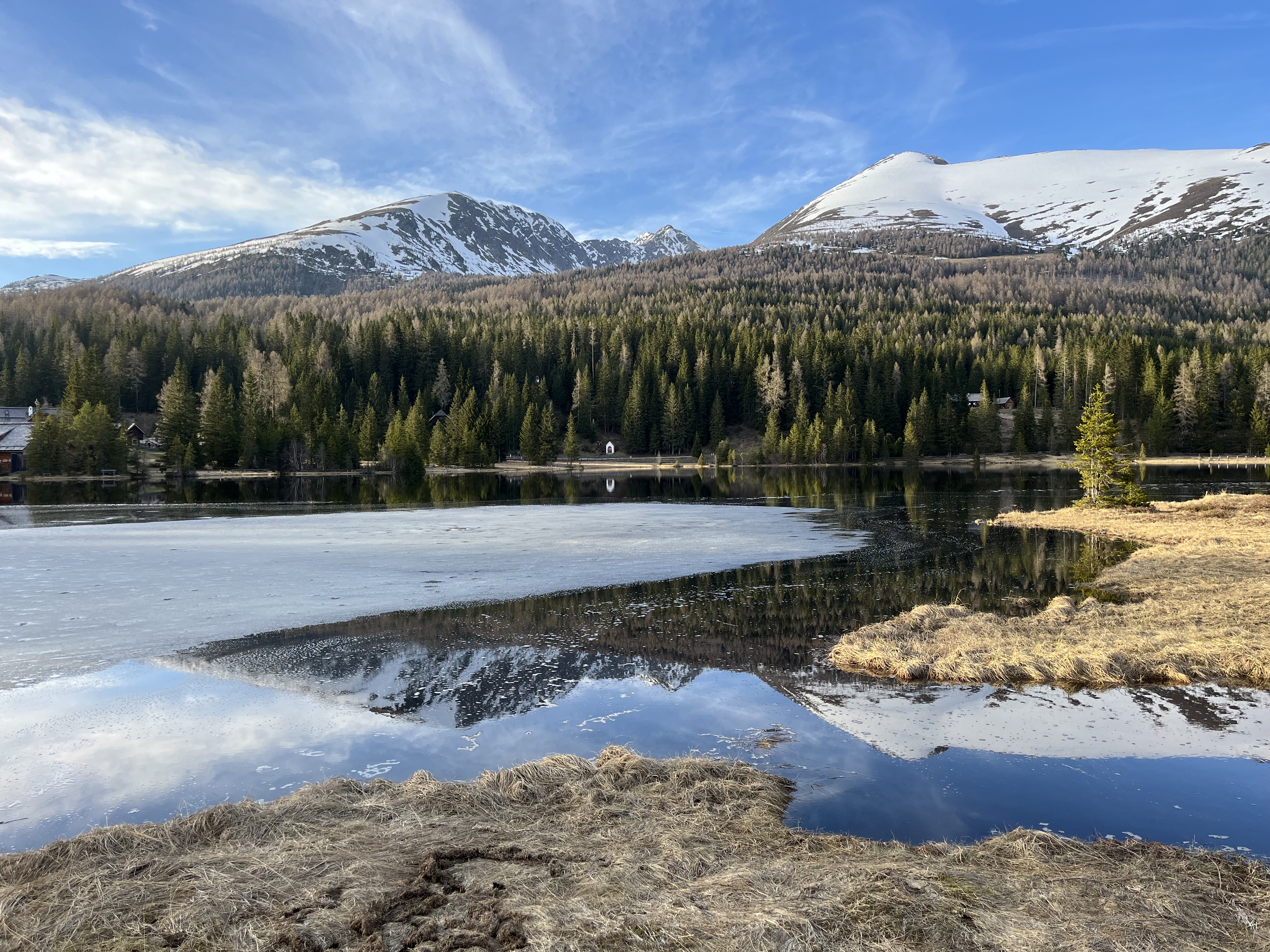Wetlands in Portugal
Wetlands are rare ecosystems in Portugal. They offer a rich and diverse ecosystem that plays a crucial role in maintaining the country’s environmental balance. These wetland areas provide essential habitats for a wide variety of plant and animal species, some of which are endangered or rare.
Recognizing the importance of wetlands, Portugal has implemented conservation efforts and designated several protected areas to preserve these invaluable ecosystems. However, ongoing challenges such as urbanization, pollution, and climate change pose threats to wetland conservation, emphasizing the need for continued vigilance and sustainable management practices to ensure the long-term preservation of these unique habitats.

Importance of Wetlands in Portugal
Approximately 2.5% of Portugal’s land area are wetlands. These wetlands are spread throughout the country and include coastal lagoons, estuaries, marshes, and rivers. They significantly contributing to Portugal’s rich biodiversity and environmental balance.
Wetlands in Portugal play a vital role in the country’s ecological health and provide numerous benefits to both, the environment and society. These wetlands, hold immense importance for several reasons.
Firstly, wetlands serve as crucial habitats for a diverse range of Portugal plant and animal species. They provide nesting, breeding, and feeding grounds for numerous migratory and resident birds, amphibians, fish, and other wildlife. These habitats support biodiversity and contribute to the overall ecological balance.
Secondly, wetlands act as natural filters, purifying water by trapping sediments and removing pollutants. They play a critical role in water quality improvement, helping to maintain the health of rivers, lakes, and coastal areas. Additionally, wetlands help control flooding by absorbing excess water during periods of heavy rainfall, reducing the risk of damage to surrounding areas.
Furthermore, wetlands act as carbon sinks, absorbing and storing carbon dioxide from the atmosphere. This helps mitigate climate change by reducing greenhouse gas emissions and contributing to the country’s carbon sequestration efforts.
Portuguese wetlands protection
Wetlands significance is well recognized in Portugal. They are protected and conserved in Portugal through various initiatives and designated conservation policy.
The preservation of wetland ecosystems is essential for maintaining biodiversity in Portugal. Furter on they ensuring clean water resources, mitigating climate change, and providing recreational and educational opportunities for communities.
It is crucial to continue prioritizing the conservation and sustainable management of wetlands to safeguard their invaluable contributions to Portugal’s natural heritage.

The most important wetlands in Portugal
One of the most important wetland areas in Portugal is the Ria Formosa Natural Park located in the Algarve region. It encompasses a vast coastal lagoon system and is renowned for its rich biodiversity, serving as a critical habitat for numerous bird species, including flamingos and spoonbills.
Another significant wetland is the Tagus Estuary, situated near Lisbon. This estuary is a vital stopover for migratory birds, offering them essential feeding and resting grounds during their long journeys.
Additionally, the Sado Estuary, located in the Setúbal district, holds great ecological importance. It supports a wide variety of bird species and is a designated protected area due to its ecological significance.
Conclusion
Land in Portugal is mostly wetlands free, due massive deforestation in the past. Also because of that wetlands in Portugal, have extremely significant ecological functions. Beside many other functions they act as natural water filters and reducing the impact of pollutants









